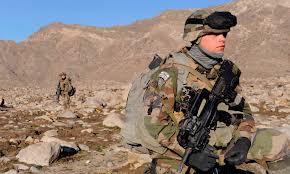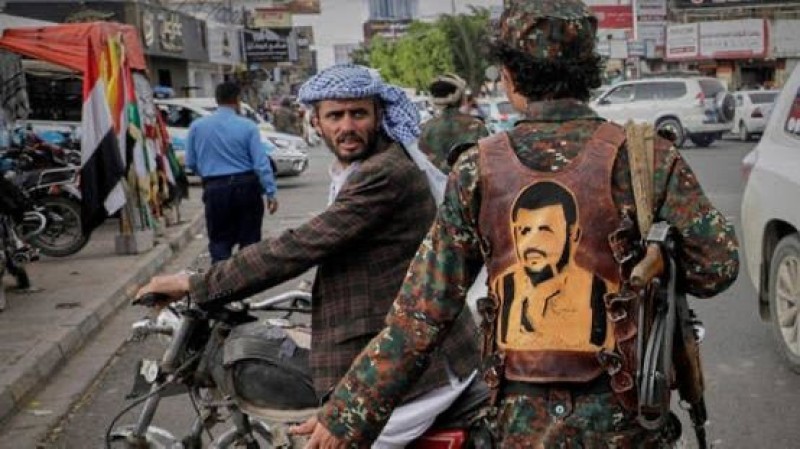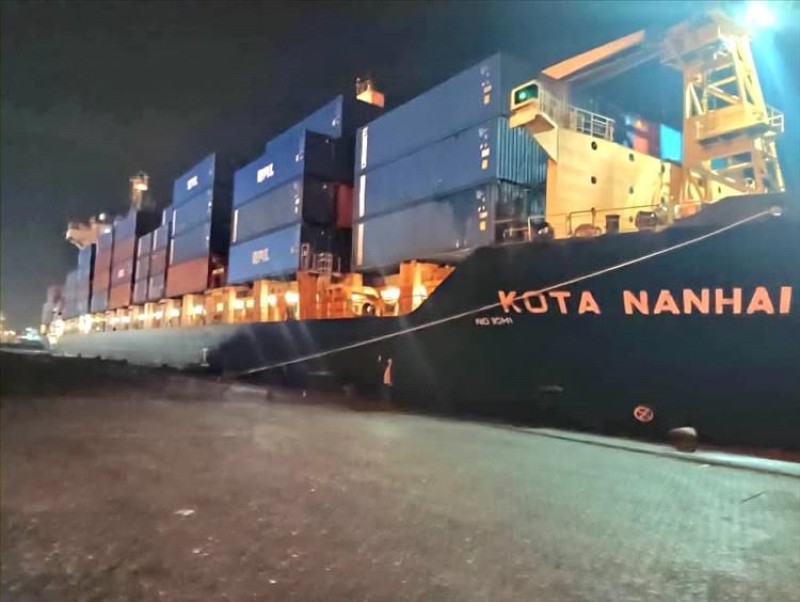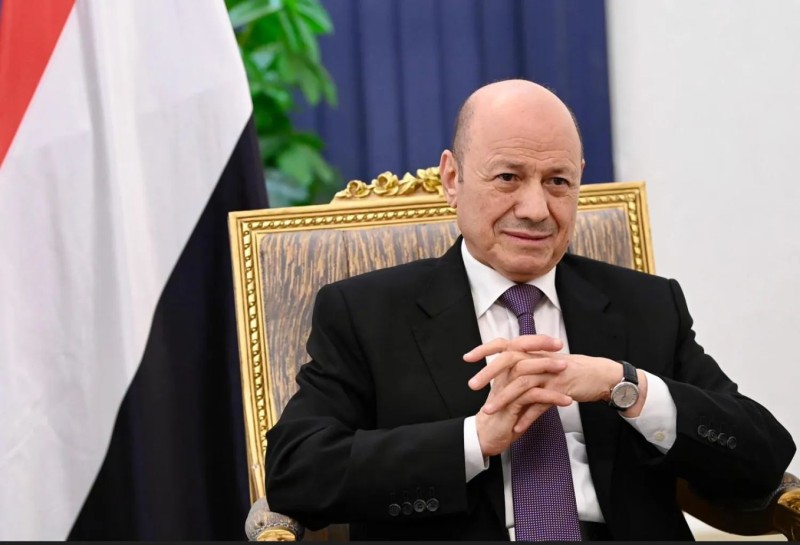Crushing the terror outfit is crucial to Yemen’s future as the group has no interest in nation-building


The returning Yemeni government will need to do both, win the war against Al Houthi rebels and also regain control of its territory from the well-established local branches of Al Qaida that were allowed to flourish under Ali Abdullah Saleh’s long but very light rule. The UAE has sent a substantial detachment of its special forces to train a Yemeni force to take on Al Qaida, which became a more urgent challenge after Al Qaida took advantage of the complete collapse of government over the past year to take control of Mukalla, Yemen’s third largest port, and to re-occupy parts of Zinjibar in Abyan province, which Al Qaida controlled almost entirely until forces loyal to the former government apparently defeated them some years ago. There are even Al Qaida forces active in liberated Aden today where Al Qaida’s black flag is flying over several state buildings — including a police station.
During the decades of Saleh’s government, the military situation in Yemen was split in four ways between government forces, Al Houthi militias, southern separatists and a growing Al Qaida presence. Saleh’s weakness did not allow him to tackle this in any effective way, which means the incoming government needs to rebuild Yemen and rescue the country from the previous chaos. It will be essential for the government to defeat Al Qaida. Otherwise, it will remain a seriously destabilising force with no interest in the fate of Yemen as a country, ready to delight in any collapse of governance to seek power for its own agenda of terror and regional chaos.
By Gulf News

Sana’a – The occupied Yemeni capital Sana’a is witnessing mounting economic panic and a sharp collapse in the real estate market…

Aden – The vessel Kota Nanhai departed Al-Mualla Container Terminal at Aden Port this evening after completing the unloading of 457 standard…

Aden — Yemen’s Presidential Leadership Council Chairman Rashad al-Alimi held talks with Central Bank Governor Ahmed Ghalib to review th…